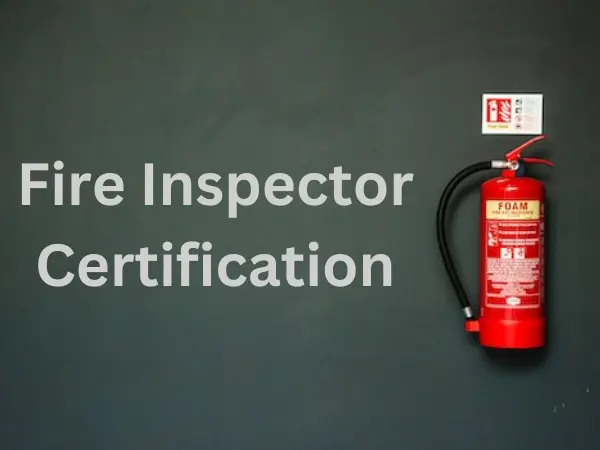The fire safety profession requires a strong background in building structures, codes, and standards. Programs include instruction on how to read and interpret building blueprints.
Performing regular inspections of properties for compliance can help prevent fires. Finding these violations before they become a fire can save lives and property, from overloaded outlets to missing ceiling tiles.
Increased Job Opportunities
Fire inspectors are the front line of fire safety, helping ensure building owners follow local ordinances and state fire regulations. Their job entails office and field work, including spending time on properties outside the standard 40-hour work week.
They must understand blueprints and possess good spatial reasoning skills to identify hazards within buildings. In addition, they must have good communication abilities to relay important information to owners of properties being inspected.
Many professionals work directly for city code enforcement agencies or fire departments, while others find positions with insurance companies and firms specializing in property damage assessment. In a profession where credentials are only sometimes as well established as those for sworn police officers, national certification in one of these disciplines gives fire inspectors credentialing readily recognized by fire departments nationwide. It also works as a bridge between different fire department systems that may not remember the credentials of each other’s fire service members.
Increased Confidence
Fire safety inspectors can protect lives and property in their communities. They inspect buildings for compliance with local, state, and federal fire codes. They may also consult citizens, organizations, and building contractors regarding fire safety concerns and requirements.
In addition, the inspector certification program Texas can also uncover many hazards, such as overloaded outlets that could cause a fire. They can also detect other problems, such as missing ceiling tiles that might allow for fire spread or improperly stored hazardous materials.
Fire safety inspectors learn to use various tools and equipment during their training. They also learn how to interpret and enforce code regulations and handle violations. The skills they gain are often helpful in other fields, too. For example, those who become certified firefighters might pursue careers in fire safety inspections after their military or police service ends. They might even pursue a bachelor’s or associate’s degree in fire science to advance their careers.
Increased Credibility
Fire inspectors are a type of emergency services professional who collaborate with local government agencies to ensure buildings like schools and businesses follow safety codes. They are experts in fire safety and building construction, and their inspections can help determine if an establishment is safe to open its doors to occupants.
These professionals need specialized credentials that demonstrate their expertise in the field. A fire inspection certificate is a great way to show that a person has completed an approved program and passed an exam.
A career as a fire inspector can be gratifying for individuals. In addition to a steady work week, these professionals often receive benefits packages and time off throughout the year. Additionally, fire inspectors can feel accomplished knowing that any violations they correct reduce the risk of a dangerous fire occurring in their town or city. This can also save the lives of citizens and firefighters.
Increased Income
Fire inspectors have a steady work week, excellent benefits packages, and plenty of time off. Their duties also allow them to help the community and school children learn fire safety. They often work to solve violations that are found, such as overloaded outlets or blocked fire exits.
Most aspiring fire inspectors first gain experience working as firefighters or in a related field. They must be able to read blueprints and have spatial solid and memory skills. They must communicate effectively with schoolchildren and building owners and understand how to investigate a potential fire safety violation.
Other skills include knowledge of codes and regulations for high-density buildings, high-rise structures, public schools and hospitals, and material storage facilities. Lastly, they need to be able to use computers to keep case files organized and search the internet for current information. Additionally, they must have a strong sense of ethics because they can be fined for violating codes.

